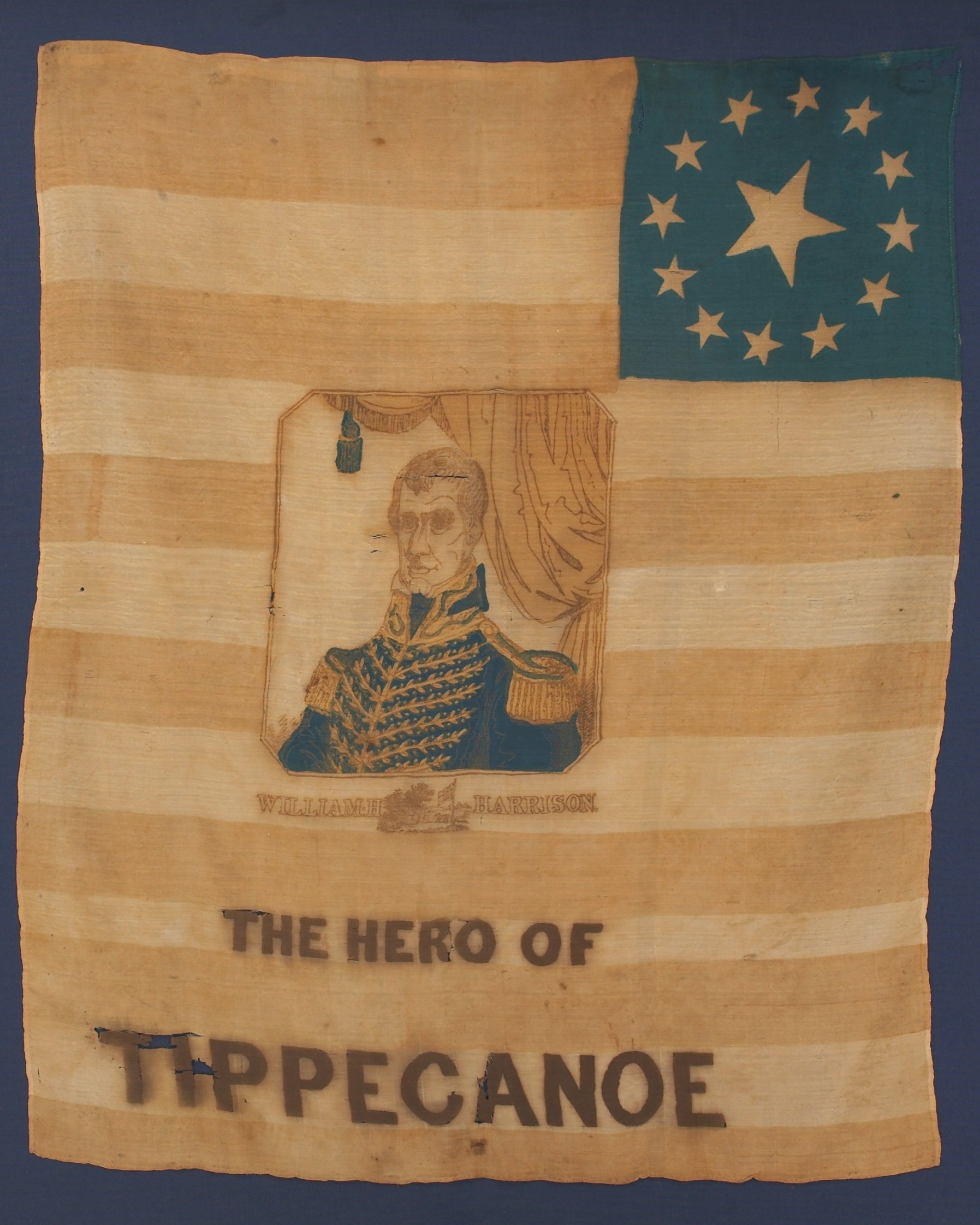
By Jim O’Neal
When Donald Trump’s appointee fills the Supreme Court vacancy created by the death of Justice Antonin Scalia, the chief executive will escape from a small group of presidents who did not appoint a single nominee confirmed by the Senate. Trump’s pick will join the other 117 justices, 17 chief justices and four women who have served on the court.
Presidents without a Supreme Court appointee:
- William Henry Harrison (1841) – Died only 31 days after being inaugurated.
- Zachary Taylor (1849-50) – Died 16 months after inauguration.
- Andrew Johnson (1865-69) – Victim of a hostile Congress that blocked several nominees.
- Jimmy Carter (1977-81) – The only president to serve a full term with no vacancies during his four years in office.
It seems clear that the Founding Fathers did not spend a lot of time considering the importance of the Supreme Court as an equal branch of government. That would come later during the tenure of Chief Justice John Marshall, who many credit with providing the balance to ensure that our fragile democracy survived.
One example is there are no legal or constitutional requirements for a federal judgeship. There does exist an unwritten prerequisite to have practiced law or to have been a member of the bar, but it is not mandatory. As a matter of historical record, no non-lawyer has ever been a member of the Supreme Court – and it is a virtual certainty that none ever will.
And, although the methodology for judicial appointments was subject to intense debate, the criteria for such appointments was apparently not a matter of significance. Those few delegates who did raise the issue of criteria did so by assuming merit over favoritism. Congress also did not foresee the role political parties would very soon come to play in the appointment and confirmation process.
Only John Adams clearly anticipated the rise of political parties but, of course, he was not a member of the Constitutional Committee. He summarized it rather well: “Partisan considerations, rather than the fitness of the nominees, will often be the controlling consideration of the Senate in passing on nominations.”
I suspect they would all be disappointed by the dramatic, partisan “gotcha” grilling that nominees face today.
Personally, I would prefer the old process the Scots used to select Supreme Court justices. The nominations came from the lawyers, who invariably selected the most successful and talented members of the legal community. This effectively eliminated their most fierce competition, which then allowed them to solicit their best customers. The court would then truly be assured of getting the best-of-the best, while the profession competed for clientele.
 Intelligent Collector blogger JIM O’NEAL is an avid collector and history buff. He is president and CEO of Frito-Lay International [retired] and earlier served as chairman and CEO of PepsiCo Restaurants International [KFC Pizza Hut and Taco Bell].
Intelligent Collector blogger JIM O’NEAL is an avid collector and history buff. He is president and CEO of Frito-Lay International [retired] and earlier served as chairman and CEO of PepsiCo Restaurants International [KFC Pizza Hut and Taco Bell].
